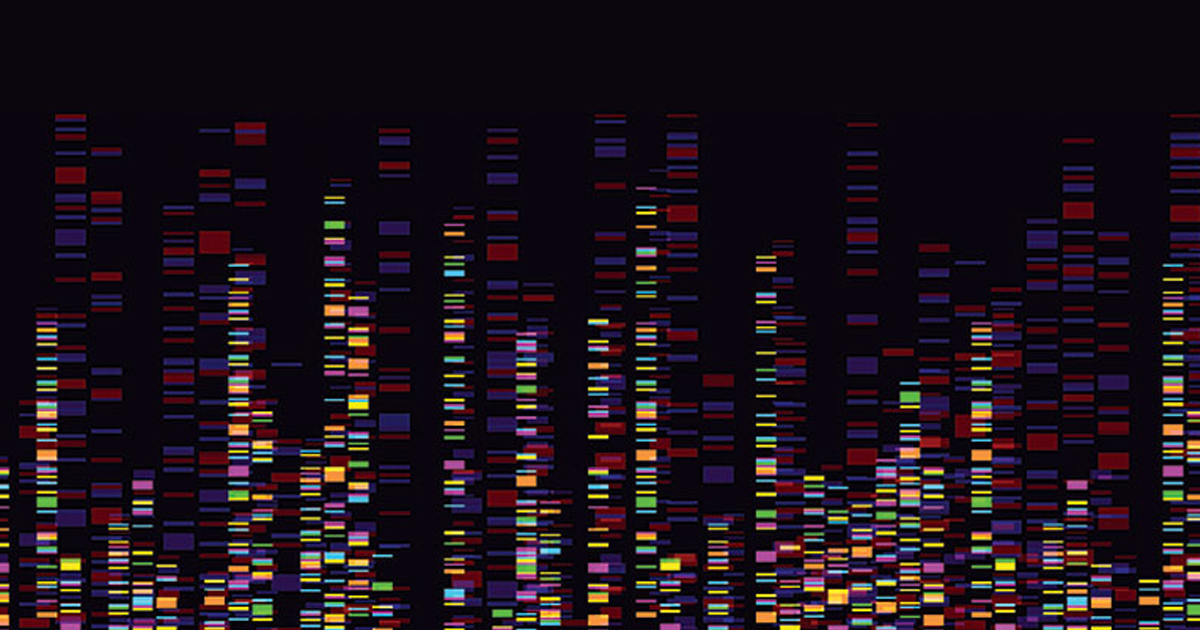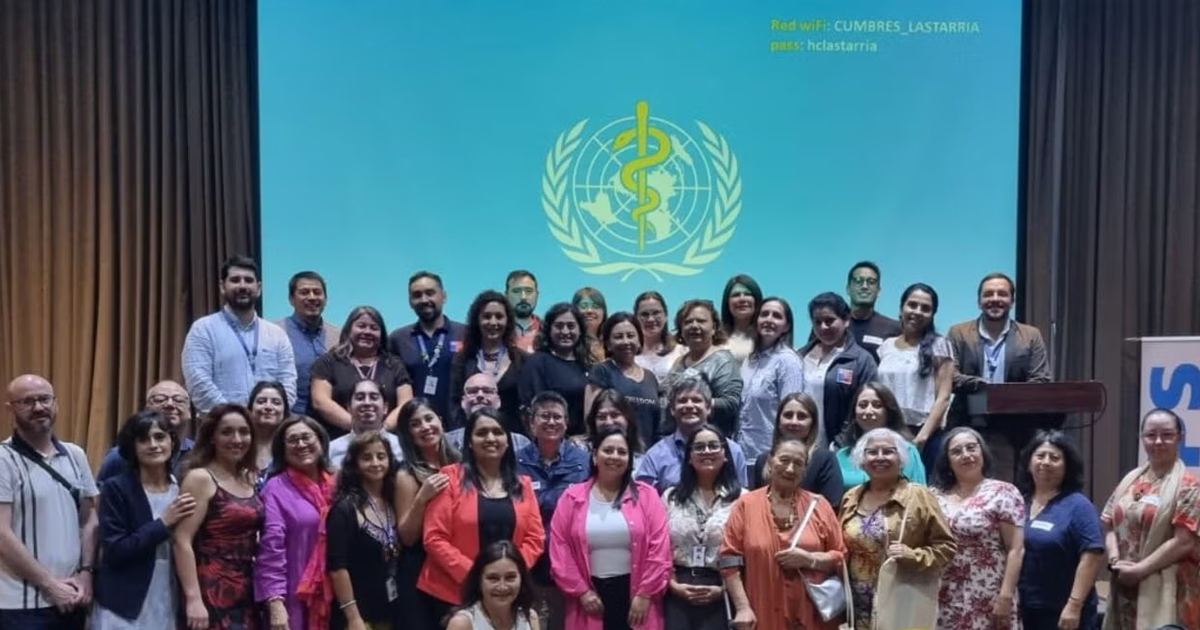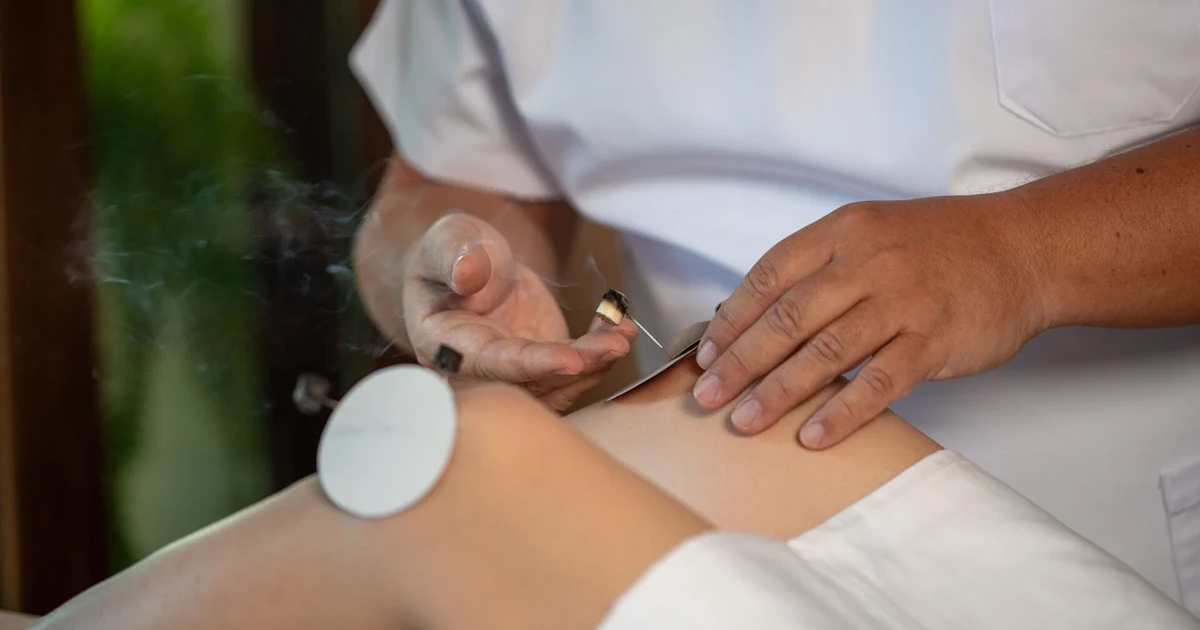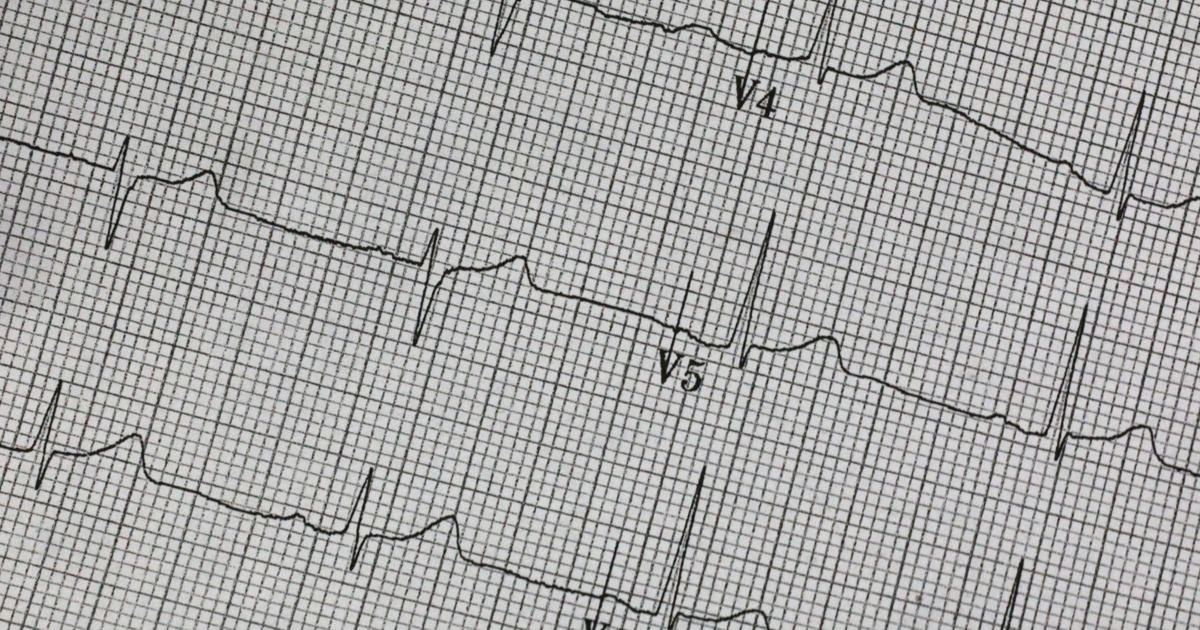HIMSS Latinoamérica organizó un semanario web para difundir el trabajo y la estrategia digital de salud que ha implementado el gobierno uruguayo.
La reunión virtual contó con la participación de autoridades de Salud.uy para mostrar los avances y desafíos en su estrategia sanitaria a través de digital health. Por parte del HIMSS (Healthcare Information and Management Systems Society), moderó el Dr. Mariano Groioso, quien se desempeña como asesor en HIMSS Latinoamérica, de parte de Salud.uy, participaron Pablo Orefice, director de Salud.uy y la Dra. Rosario Berterretche, coordinadora médica también en Salud.uy.
Salud.uy es una iniciativa creada en el 2012 por la presidencia de la República, el Ministerio de Salud Pública (MSP), el Ministerio de Economía y Finanzas (MEF) y la Agencia de Gobierno Electrónico y Sociedad de la Información y del Conocimiento (Agesic). El objetivo de Salud.uy es la promoción del uso intensivo de las Tecnologías de la Información y la Comunicación (TIC) en el sector de la salud y de esta forma mejorar la calidad y continuidad asistencial.
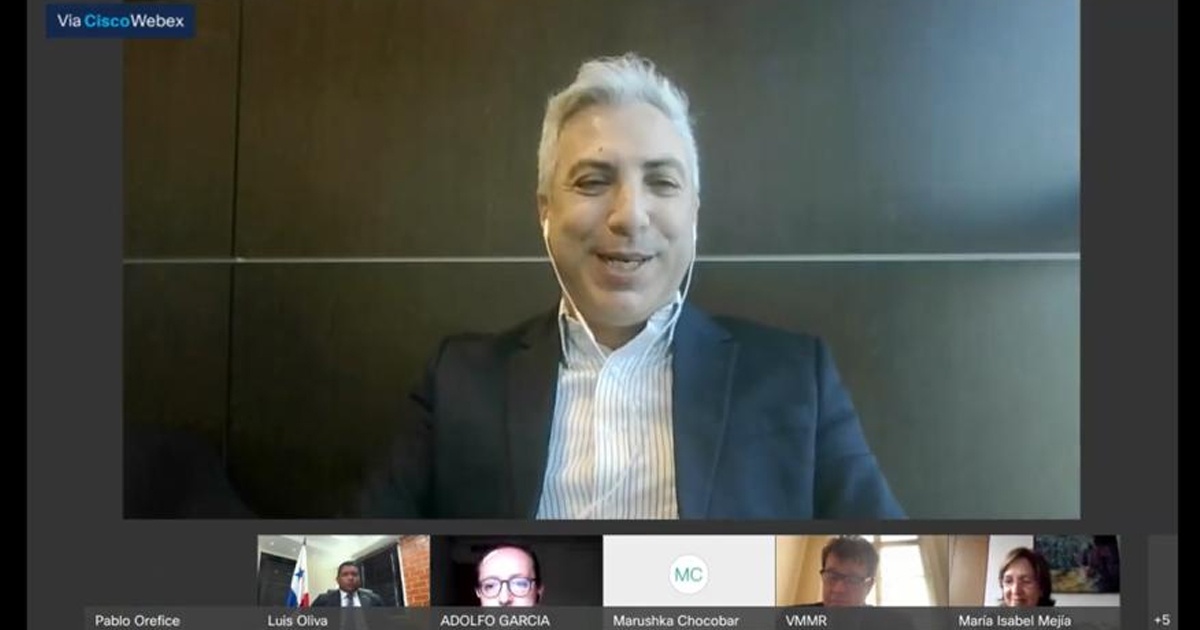
Durante el brote de COVID-19 en Uruguay, Salud.uy ha desarrollado un asistente virtual web, un call center, mapas sanitarios sobre la situación actual de COVID-19, declaración fronteriza digital y un programa de seguimiento de casos confirmados y sospechosos.
Mauricio Bouza, coordinador de Electronic Medical Record Nacional en Salud.uy, expuso sobre la estrategia nacional de digital health ante el COVID-19, y cómo fue la elaboración del plan de acción en un periodo muy corto de tiempo en el que se requería una respuesta inmediata. Además, destacaron la colaboración entre los sectores público y privado y el correcto manejo de la información y los datos disponibles.
En el siguiente enlace están disponibles todas las iniciativas de Salud.uy, actualizadas hasta abril de 2020, incluye los 18 proyectos que se encuentran activos, entre los cuales están la Electronic Medical Record Nacional, Electronic Medical Record Oncológica, Diccionario Nacional de Medicamentos, Mi Historia Clínica Digital, Receta Digital, entre otros: https://www.gub.uy/agencia-gobierno-electronico-sociedad-informacion-conocimiento/politicas-y-gestion/proyectos/iniciativas-de-saluduy
Durante el panel “Aceleración en la adopción de la telesalud como consecuencia de la nueva normalidad” los participantes celebraron la adopción de la telemedicine. Esteban Aliaga, del Hospital Británico de Montevideo comentó que “la pandemia demostró que las tecnologías están disponibles, los médicos capacitados y los usuarios deseosos”. Jorge Abin de Medica Uruguay, expuso los resultados de una encuesta realizada a 40 médicos, que mostró que el 45% de los encuestados tienen una impresión positiva de la telemedicine, y solo 13% de lo percibe como algo negativo. “Esto significa que la pandemia aceleró el proceso de adopción, no sólo por parte de los prestadores de servicios, sino también por parte del cuerpo médico”, explicó Abin.
Por otra parte, el subsecretario del MSP José Luis Satdijan, resaltó la importancia de tres aspectos que fueron clave para contener el avance de COVID-19 en el país:
- Cerrar fronteras: se definió suspender las clases presenciales, cerrar temporalmente centros comerciales y motivar el trabajo a distancia.
- Las características intrínsecas de Uruguay: superficie, densidad de población, un sistema de salud mutual público, servicios de atención médica domiciliaria y una red de conexión a internet de alcance nacional.
- Libertad responsable: la sociedad en su conjunto colaboró para que no fuera necesario tomar medidas de aislamiento obligatorio.
Desde el inicio de la pandemia el gobierno uruguayo desarrolló una estrategia integral que facilitará la colaboración entre los tomadores de decisiones. Actualmente Uruguay (al 28 de octubre), registra 2 mil 916 contagios y 54 defunciones por COVID-19.


